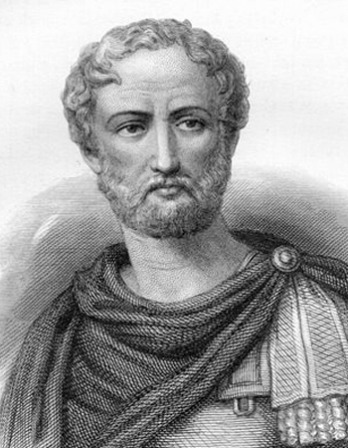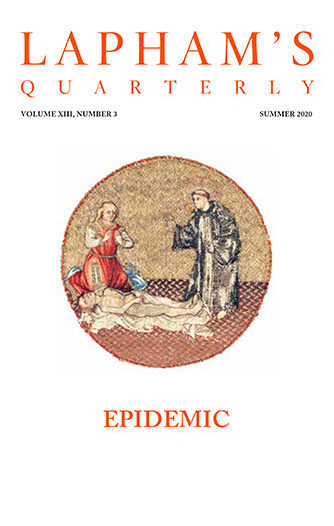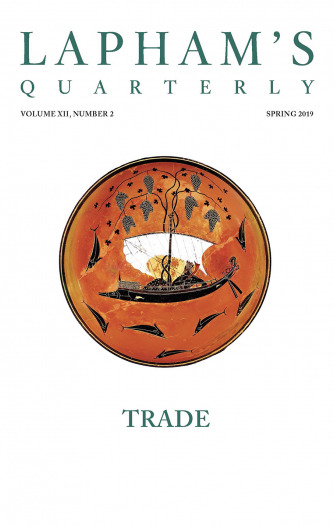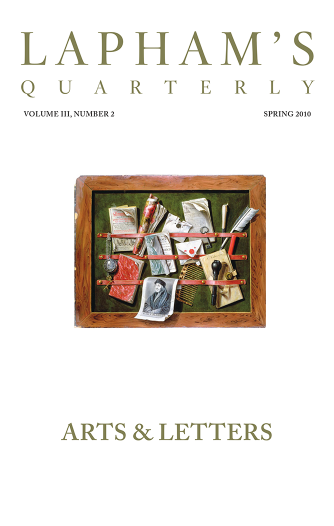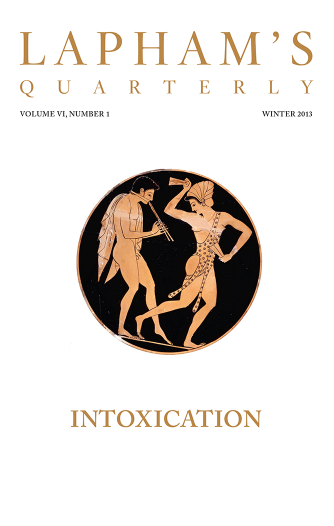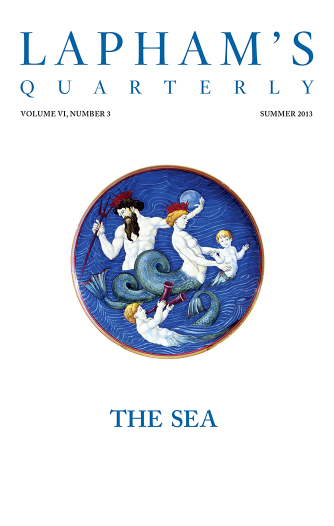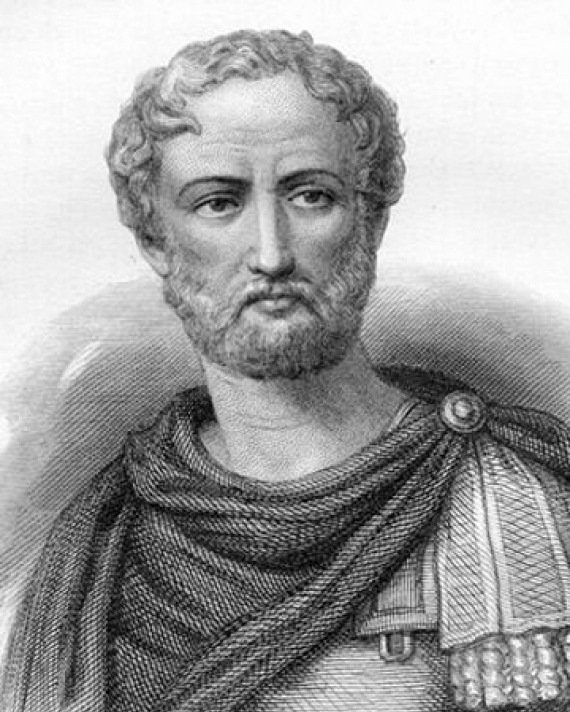
Pliny the Elder
(23 - 79)
Two years before his death from inhaling the fumes of an erupting Mount Vesuvius, Pliny the Elder completed the Natural History. Announcing in the book’s prefatory remarks that his subject was “the natural world or life,” Pliny drew together an array of existing scholarship, citing some one hundred sources, and supplemented it with his own views. Containing books on subjects such as cosmology, geography, biology, agriculture, pharmacology, and geology, his study was regarded as a touchstone of scientific investigation until the late fifteenth century.
